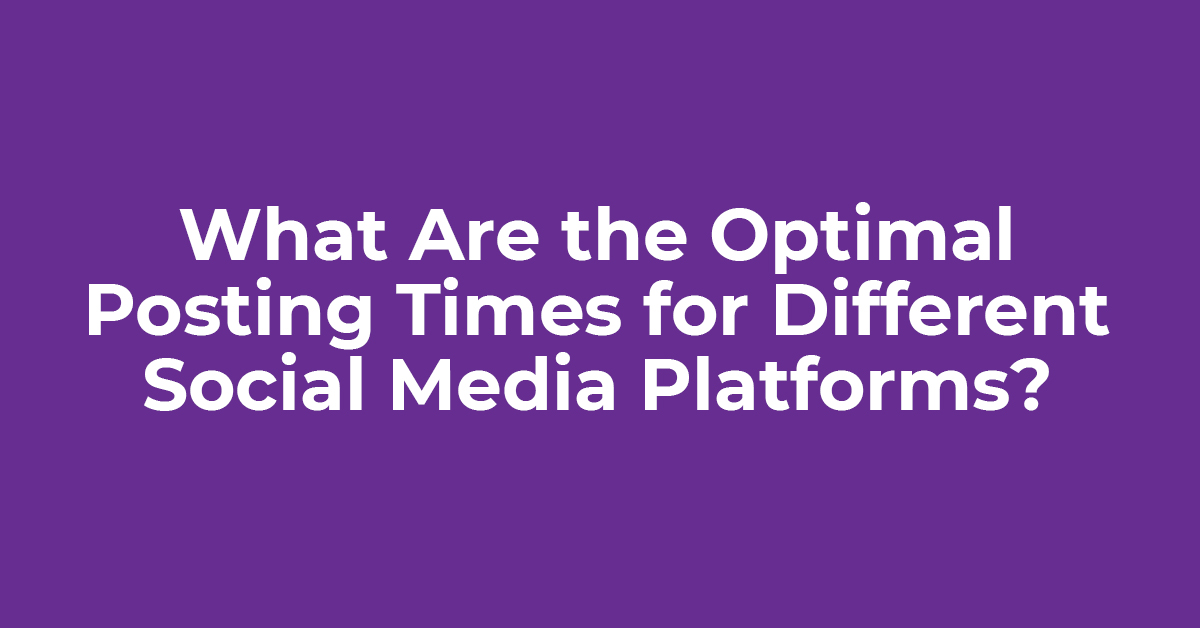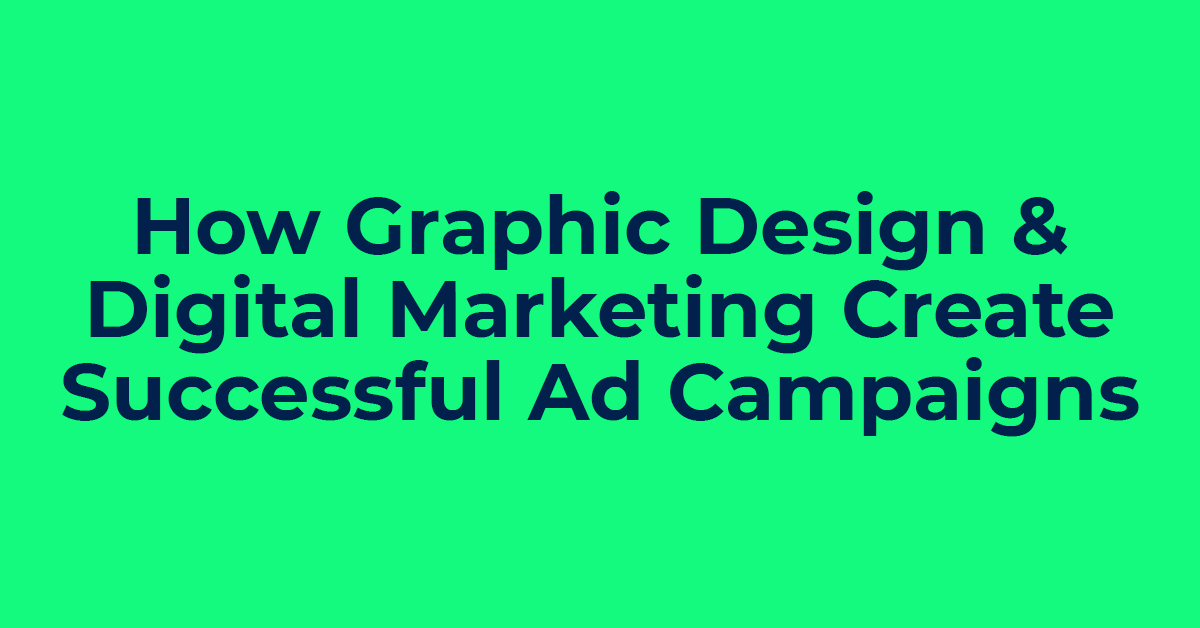In the fast-paced world of modern business, digital marketing has become an essential strategy for reaching and engaging with customers, driving brand awareness, and growing revenue. But what exactly is digital marketing, and how does it differ from traditional marketing methods? Let’s explore:
Digital marketing encompasses all marketing efforts that leverage digital channels, platforms, and technologies to connect with customers online. Unlike traditional marketing, which relies primarily on offline channels such as print ads, TV commercials, and direct mail, digital marketing takes place in the digital realm, leveraging the internet, mobile devices, social media, search engines, email, and other digital channels to reach target audiences.
Key components of digital marketing include:
- Search Engine Optimization (SEO): SEO involves optimizing your website and online content to improve its visibility and ranking in search engine results pages (SERPs). By optimizing your website’s structure, content, and backlinks, SEO helps increase organic traffic from search engines, making it easier for potential customers to find your business when searching for relevant keywords.
- Search Engine Marketing (SEM): SEM involves running paid advertising campaigns on search engines like Google, Bing, and Yahoo to promote your products or services. SEM typically includes pay-per-click (PPC) ads, where advertisers bid on keywords relevant to their business and pay each time a user clicks on their ad. SEM allows businesses to target specific keywords, demographics, and geographic locations, driving targeted traffic to their website and generating leads or sales.
- Social Media Marketing (SMM): SMM involves using social media platforms such as Facebook, Instagram, Twitter, LinkedIn, and TikTok to connect with your audience, build brand awareness, and drive engagement. Social media marketing encompasses a range of tactics, including organic social media posting, paid social media advertising, influencer partnerships, and community management. SMM allows businesses to interact directly with customers, share content, and promote products or services in a highly targeted and personalised manner.
- Content Marketing: Content marketing involves creating and distributing valuable, relevant, and consistent content to attract and engage a target audience. Content marketing encompasses various formats, including blog posts, articles, videos, infographics, podcasts, and ebooks. By providing helpful and informative content that addresses the needs and interests of your audience, content marketing helps build trust, establish authority, and nurture relationships with potential customers over time.
- Email Marketing: Email marketing involves sending targeted, personalised emails to your subscribers to promote products, share news and updates, and nurture customer relationships. Email marketing can include newsletters, promotional offers, product announcements, customer surveys, and more. With email marketing automation tools, businesses can create automated email sequences that deliver relevant messages to subscribers based on their behaviour, preferences, and lifecycle stage.
- Digital Advertising: Digital advertising encompasses various forms of online advertising, including display ads, native ads, video ads, and remarketing ads. Digital advertising allows businesses to target specific audiences based on demographics, interests, behaviours, and intent, delivering highly relevant and personalised ads across websites, social media platforms, and other digital channels. With advanced targeting options and real-time tracking capabilities, digital advertising offers precise control over ad spend and performance.
- Analytics and Measurement: One of the key advantages of digital marketing is its ability to track and measure performance in real-time. Digital marketing analytics tools provide valuable insights into campaign effectiveness, audience engagement, website traffic, conversion rates, and return on investment (ROI). By analysing data and metrics, businesses can identify trends, optimise strategies, and make data-driven decisions to improve marketing performance and achieve business goals.
In summary, digital marketing encompasses a wide range of tactics and strategies aimed at reaching and engaging with customers online. From search engine optimization and social media marketing to content marketing, email marketing, digital advertising, and analytics, digital marketing offers businesses powerful tools for connecting with audiences, driving brand awareness, and achieving marketing objectives in the digital age.



